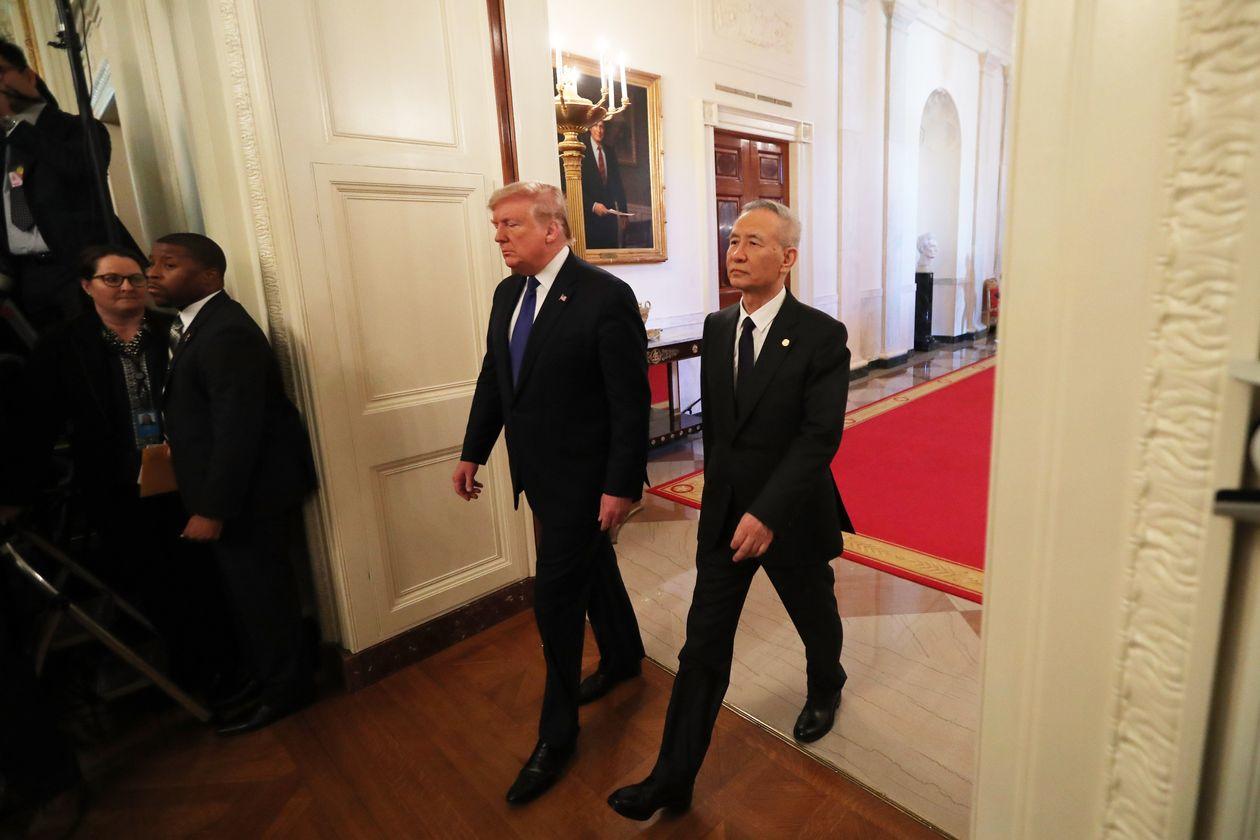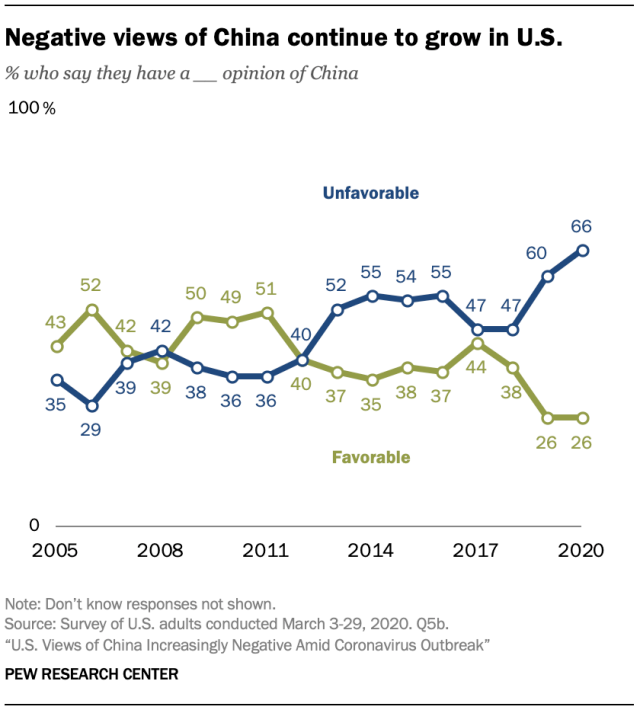White House Planning Unprecedented Trade Alliance To Retaliate Against China
Tyler Durden
Mon, 11/23/2020 – 09:07
As Trump considers next steps in his ongoing crusade to challenge the election results, he appears increasingly set on unleashing a “scorched earth” policy in the already dismal relations China, if only to make any hope for a quick detente between Beijing and the pro-China Biden as difficult as possible.
Overnight, Reuters reported that the Trump admin is close to issuing a list of 89 Chinese aerospace and other companies that would be unable to access U.S. technology exports due to their alleged links to the PLA. Commercial Aircraft Corp. of China Ltd., or Comac, and Aviation Industry Corp. of China Ltd. are among the firms named, Reuters reported, citing a draft copy of the list from the U.S. Commerce Department.
As such a move would further restrict the companies from buying American goods and technology, it would fuel already-heightened tensions between the U.S. and China on fronts ranging from trade and Taiwan to the handling of the coronavirus.
Naturally, China’s Foreign Ministry said Monday that it “firmly” opposed the “U.S. oppression of Chinese companies without a cause.” At the same time, Trump’s in house China hawk, Peter Navarro, underlined that the time for policy action against China is now.
Taking a step back, as Rabobank’s Michael Every writes, “with technology and capital controls against Chinese firms being accelerated by the Trump administration specifically due to claims of military links, one might also want to consider that increasingly-popular Chinese government bonds, by their very nature, also encompass military spending. The next few weeks could see plenty more Trump action on China.”
Yet while we wait for Trump to enforce a full-blown crackdown on outbound capital to China (a few more fiascos like the pulled Ant Financial IPO and he won’t have to), moments ago the WSJ confirmed Every’s gut feeling when it reported that in another escalation against China, Trump administration officials told the WSJ that “they are pushing for new hard-line measures against Beijing” where the most ambitious effort would create an informal alliance of Western nations to jointly retaliate when China uses its trading power to coerce countries.
The plan was reportedly sparked by Chinese economic pressure on Australia after that country called for an investigation into the origins of the Covid-19 pandemic (see last week’s report on the unprecedented deterioration in China-Australia relations which we covered in “”China Is Angry. China Can Be The Enemy”: Beijing Launches Extraordinary Attack On Australian Government“).
“China is trying to beat countries into submission by egregious economic coercion,” one senior official told the WSJ. “The West needs to create a system of absorbing collectively the economic punishment from China’s coercive diplomacy and offset the cost.”
Under the joint retaliation plan, when China boycotts imports, allied nations would agree to purchase the goods or provide compensation. Alternatively, the group could jointly agree to assess tariffs on China for the lost trade.
In other words, the China hawks in the Trump admin are feverishly working on an organization that is the alternative to the WTO, one which specifically seeks to retaliate only against China.
Separately, the administration is said to be expanding its ban on imports from China’s Xinjiang region that are made with forced labor, and add companies to a Commerce Department blacklist, including Chinese chip maker Semiconductor Manufacturing International Corp. SMIC already faces tough licensing requirements when buying from U.S. firms.
Yet while all of this sounds dramatic, the “alliance” is mostly theatrical. The senior officials acknowledged that not only do the new measures face the hurdle of a waning Trump administration, but should they succeed, they would also need the incoming Biden administration to endorse the effort and carry it forward.
Which is also Trump’s intention: to show just how eager Biden is to mend the badly frayed ties with China, and portray him as Beijing’s puppet. That would come at a time when the deeply polarized US nation can agree on only one thing: that China is bad.
As such, Biden attempts at restoring ties with China will be immediately used by his political enemies to cast him as yet another globalist puppet working on Beijing’s behalf.

